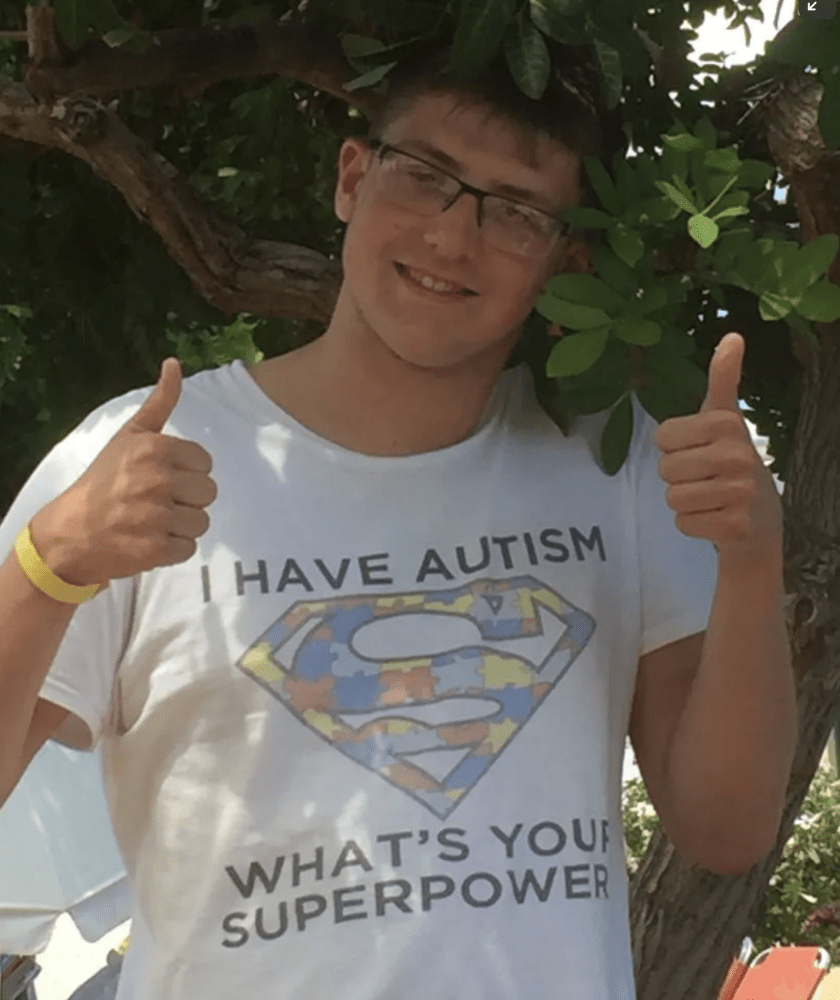Josh Tomes, who has autism, explains why it's not advised for children to hide their autism
A lot of stigma surrounding autism has been in the media lately, which has rightfully angered autistic people. Particularly around ‘researchers’ trying to cure them.
Autism is a developmental disability which affects how people communicate and interact with the world. There are around 700,000 autistic adults and children in the UK which means that’s one in 100 people who are on the autism spectrum. Every person with autism affects them in different ways.
The challenges autistic people face are:
- social communication and social interaction challenges
- repetitive and restrictive behaviour
- over or under sensitivity to light, sound, taste, or touch
- highly focused interests or hobbies
- extreme anxiety
- meltdowns and shutdowns
Recently, UK and Australian researchers have claimed that given training, parents can spot early signs of autism in babies, and they could try and reduce the criteria of getting an autism diagnosis. According to a study, for five months, parents were taught to interact with their baby even if there was no eye contact and to play with them in a sensitive way that helped their development.
Effectively, autistic children are taught to mask to appear ‘normal’. Masking includes:
- Imitating facial expressions
- Sit through intense sensory discomfort
- Lessen or forced to stop stimming/repetitive behaviour (stimming is needed to make autistic people manage their emotions and feel more comfortable)
- Scripting conversations
Masking can be extremely exhausting which leads to increased mental health issues, anxiety, depression, loss of identity and even an increased risk of suicide.
Autistic people masking can be very difficult to spot so it’ll be even more difficult to diagnose anyone and to get the right help and support needed for that autistic person.
The National Autistic Society, a UK charity providing support for autistic people and their families as well as campaigning for improved rights to create a society that works for autistic people, have commented on this new development.
Head of policy of the NAS said, “Autism is not a disease and not something that should be cured or lessened. Early intervention should be about supporting autistic people with the biggest challenges they face.”
As someone who has autism myself, this made me disgusted and furious. I found that it’s neurotypicals (people who aren’t autistic) mainly talking about this and trying to find ways to prevent anyone who has autism and to find a supposed cure. These researchers don’t take the time to talk to autistic people about their experience with having this commonly misunderstood disability. None of us are ashamed to be autistic and teaching children to be otherwise is just harmful.
It’s gotten so bad that in some states in America, it’s still legal to perform electric shock therapy on autistic children and adults. It’s literal torture, and someone will be punished for such minor things like not taking off a coat or calming themselves down with stimming. Even methods of restraints, sleep deprivation and starvation are used. Throughout this year, there’s been petitions and a large hashtag going around online to stop this and to make people more aware.
Knowledge about autism in schools would be amazing, to hopefully decrease the rate of bullying towards children with autism. Overall, more education and acceptance of autistic people is still very much needed in the world.






Your Comments
Be the first to comment on this article
Login or Register to post a comment on this article